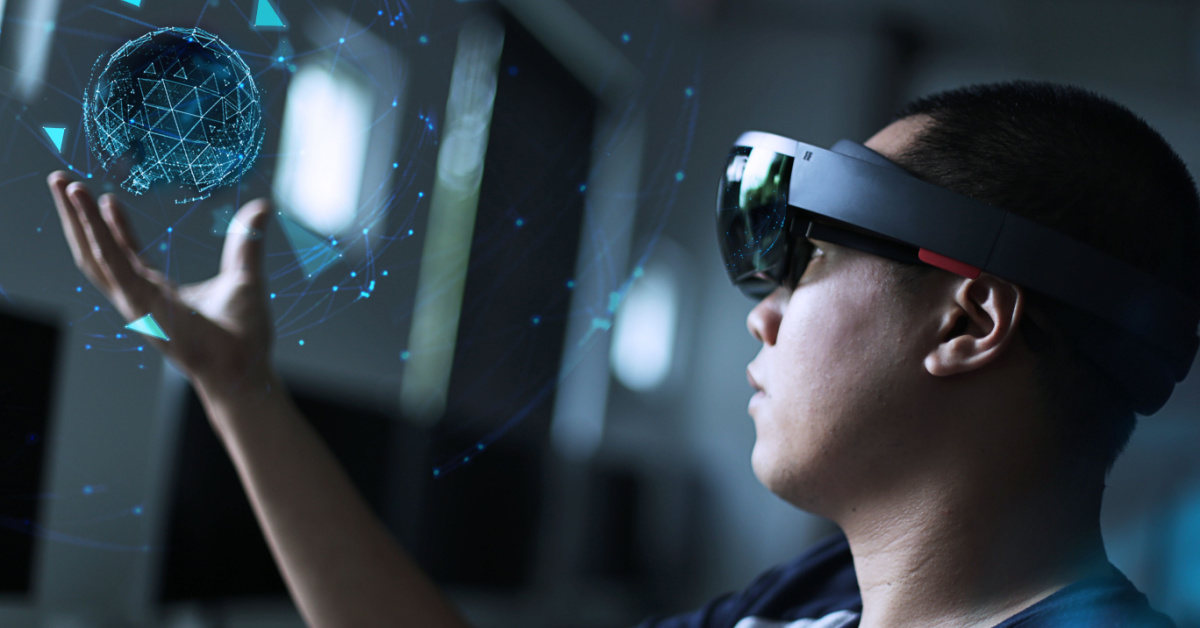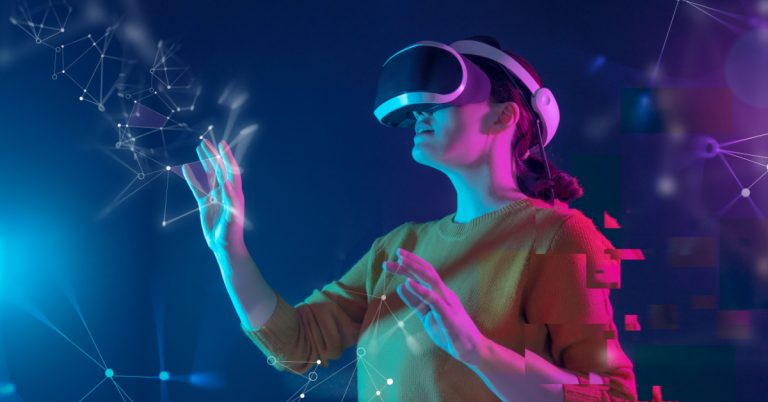The Future of Augmented Reality: How AR is Changing the Retail and Marketing Landscape
In recent years, Augmented Reality (AR) has transitioned from a sci-fi concept to a dynamic tool in the retail and marketing sectors. As we forge ahead, AR technology is not just a trendy gimmick but a cornerstone of retail and marketing strategies. Let’s explore how AR is reshaping these industries and what the future might hold.
The Rise of AR in Retail
Enhancing Customer Experience
AR in retail is revolutionizing the shopping experience. For instance, furniture and home decor retailers are using AR to let customers visualize how products would look in their own homes before making a purchase. This immersive experience reduces the guesswork in online shopping, leading to higher satisfaction and lower return rates.
Virtual Try-Ons
Fashion and beauty brands are leveraging AR for virtual try-ons. Customers can see how clothes, glasses, or makeup products would look on them through their smartphone screens. This not only adds convenience but also creates an engaging and interactive shopping experience.
In-Store Navigation
Some physical stores have started implementing AR to enhance in-store navigation. Customers can use their smartphones to find products, access product information, and receive personalized recommendations, making their shopping journey smoother and more enjoyable.
AR in Marketing: Engaging Customers in a Whole New Way
Interactive Ad Campaigns
AR enables brands to create interactive and engaging ad campaigns. Customers can interact with products through their screens, providing a unique and memorable brand experience. This interactivity leads to higher engagement rates compared to traditional advertising methods.
Social Media Filters
Brands are also using AR through social media filters to promote their products. These filters, popular on platforms like Instagram and Snapchat, offer fun, shareable content that also serves as subtle advertising.
Storytelling and Brand Awareness
AR offers a novel way of storytelling, allowing brands to convey their messages more interactively and memorably. This technology enables brands to create immersive experiences that can enhance brand awareness and customer loyalty.
The Future of AR in Retail and Marketing
Hyper-Personalization
Future AR technology could offer even more personalized experiences based on customer data, like shopping habits and preferences. This level of personalization could transform how customers interact with brands.
Enhanced Omnichannel Experience
As AR becomes more integrated into mobile devices and wearables, the lines between online and offline shopping will blur, leading to a seamless omnichannel shopping experience.
Virtual Pop-Up Shops
AR might enable the creation of virtual pop-up shops, allowing customers to browse and shop in a fully virtual environment from anywhere in the world.
Sustainable Practices
AR also opens the door to more sustainable practices in retail, such as reducing the need for physical samples or prototypes, thus lowering waste.
Conclusion
Augmented Reality is more than just a fleeting trend; it’s a game-changer in the retail and marketing world. As this technology continues to evolve, we can expect even more innovative applications that will redefine the shopping and marketing experiences. The integration of AR represents not just a technological advancement, but a shift in how consumers and brands interact, promising a future filled with immersive, personalized, and engaging retail experiences.


